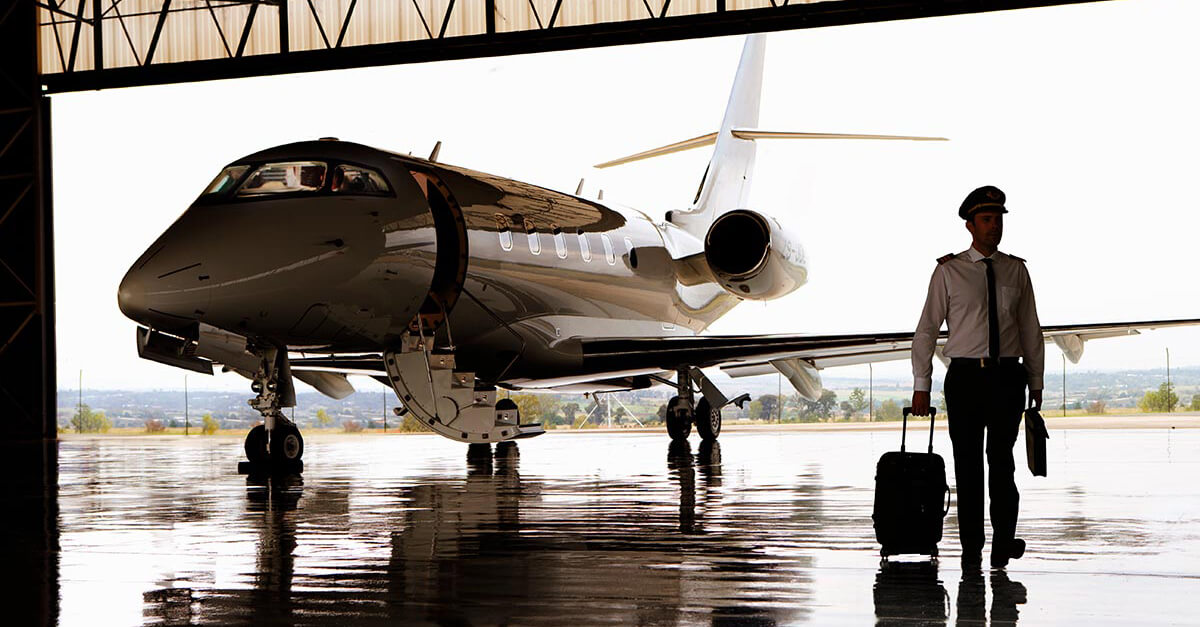
March 30, 2020
The global COVID-19 crisis is impacting aviation’s essential workforce, including the business aviation segment.
For example, Bombardier Aviation has suspended all aircraft production, affecting not just its facilities in Canada, but those in Wichita, KS, as well. Similarly, Wichita-based Textron Aviation recently announced that thousands of workers would be furloughed in the coming weeks.
GE Aviation plans to cut 10 percent of its U.S. workforce and furlough approximately 50 percent of its repair staff for 90 days. The company is shifting some production capabilities to manufacture ventilators and other critically needed medical equipment. Simulator training specialist CAE temporarily dismissed more than 400 employees and expects further staff adjustments in the future.
Maintenance and repair shops – mostly family-owned businesses – are being particularly hard hit by the crisis, as airplanes sit idle. At least one family-owned maintenance company has asked employees to begin producing protective face masks for humanitarian purposes.
Charter companies are feeling the pinch as well. For example, Tom Smith, the CEO of Scottsdale, AZ-based charter provider Set Jet, told a local news outlet, “Where we used to be flying quite regularly, now it’s only one or two a week…Nobody has any answers right now. This epidemic has come on the world by storm.”
Business aviation airports, like Teterboro Airport (TEB) in northern NJ, are watching traffic dwindle by as much as 70 percent over the same period last year. That’s bad news for the airport, but also for the FBOs, fuel providers and others on the field, as well as the hotels, restaurants and other businesses nearby. Another New York City metro airfield, Westchester County Airport (HPN) is quiet, as many commercial flights have been cancelled and five airport employees are quarantined, with one having tested positive for the coronavirus.
These are just a few of the impacts felt by aviation’s labor force, though countless small and mid-sized business are feeling the impact as well. It was with that in mind that the business aviation community recently welcomed passage of the Coronavirus Air, Relief, and Economic Security Act (CARES Act), which includes provisions to support the industry.
In addition to creating loan and grant programs that can apply to GA operators, FAR Part 145 repair stations and other small- to mid-size aviation businesses, the legislation adds $100 million in Airport Improvement Program funding dedicated to GA airports, in recognition of their importance to thousands of communities that don’t have frequent airline service, especially in times of crisis. In addition, the bill temporarily suspends air transportation excise taxes for commercial operators.
“General and business aviation will play a critical role in economic recovery,” said Brian Koester, NBAA’s director of flight operations and regulations. “But we can only support economic recovery if we retain our skilled workforce. That’s why the Coronavirus Air, Relief, and Economic Security (CARES) Act is so important – not just to the aviation industry, but to our country’s eventual recovery.”


 International Business Aviation Council Ltd.
International Business Aviation Council Ltd.